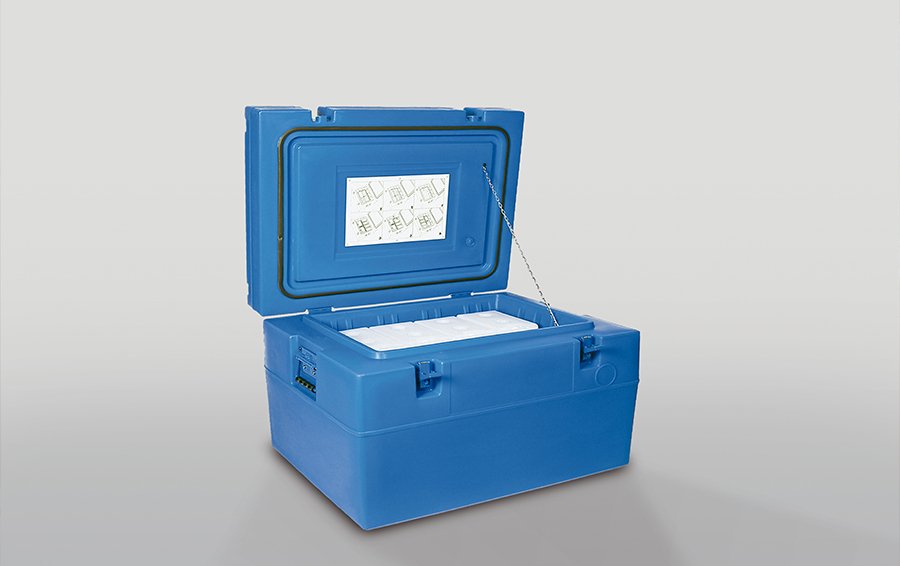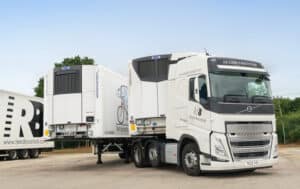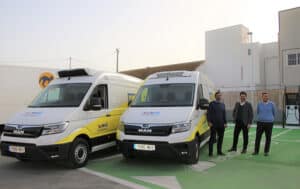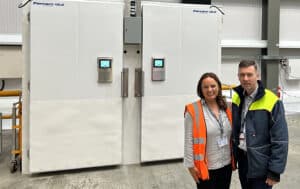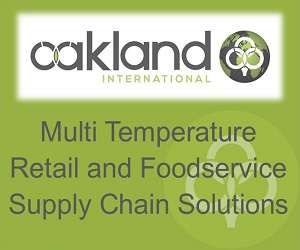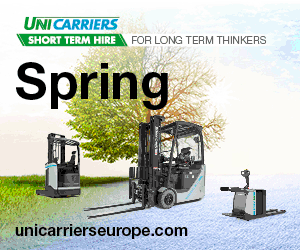A leading medical equipment manufacturer is urging healthcare and pharmaceutical companies in Northern Ireland involved in the production, distribution and procurement of medical devices to ensure that they comply with new European Medical Device Regulation (MDR) legislation, which comes into force in May this year.
The new legislation will create an internationally recognised robust, transparent, and sustainable regulatory framework to improve clinical safety and create fair market access for manufacturers and healthcare professionals.
While the transportation and storage of vaccines continues to hit headlines, Luc Provost, CEO of B Medical Systems, a global, leading manufacturer of ultra-low temperature freezers and transportation boxes, says: “ Medical supplies manufacturers occupied by the Covid-19 pandemic need to refocus their efforts to ensure standards are in place now as the MDR deadline – recognised as the world’s most up-to-date and strictest standard to guarantee the quality of medical equipment – looms, with companies having until 26 May to ensure they’re fully compliant with the new regulations.”
Provost adds: “While most manufacturers are in a strong position and they already meet the current Medical Devices Directive (MDD) standards, the new regulations are far stricter. They require large investment from manufacturers to ensure their products and processes are compliant, such as including logos on products to show they meet the latest standards.
“As a decade-long supplier to the World Health Organisation (WHO) and UNICEF, experience tells us that such equipment often needs to work in very difficult, challenging environments and is subject to protect fragile products. Indeed, if one of our ultra-low temperature freezers needs to maintain a temperature of -80°C while it is +25°C outside, it has to cover a difference of 105 degrees. Imagine the situation in the desert, where it reaches +45°C. It’s imperative equipment holds up because lives depend on it.
“The regulations are a guarantee of quality and safety for patients, but also for scientists and the medical profession, which is why it’s so important that all critical steps in the supply chain are compliant.”

